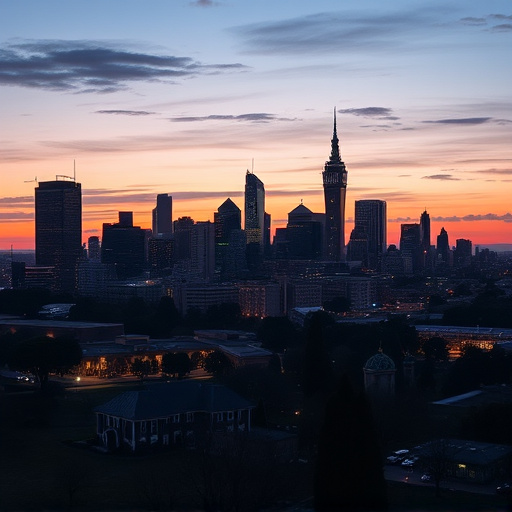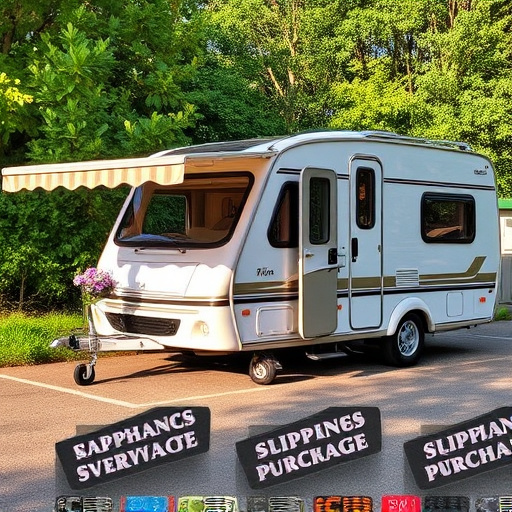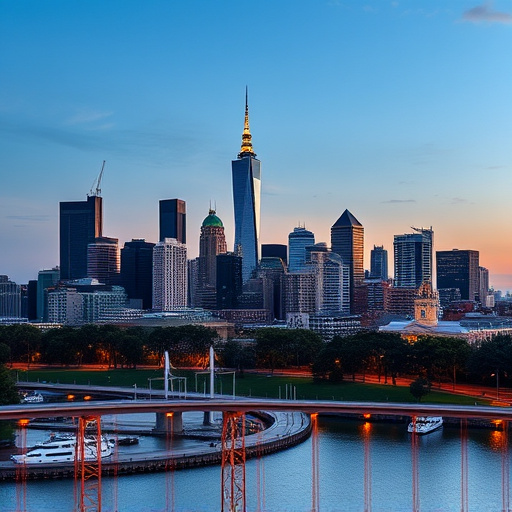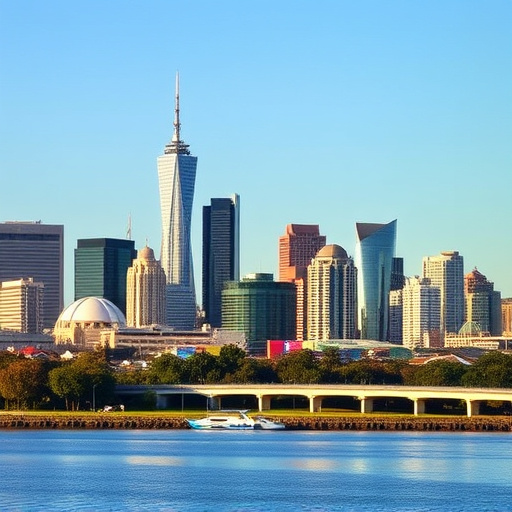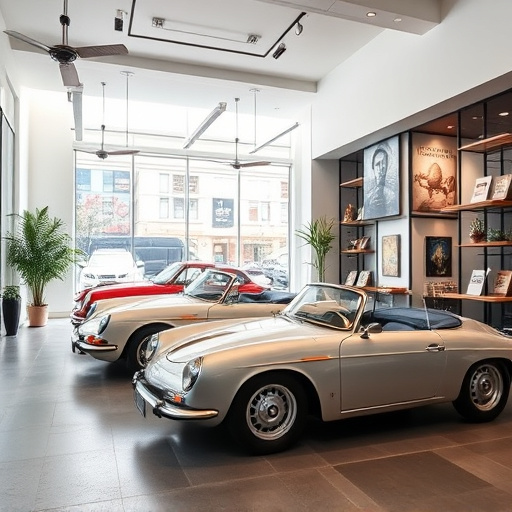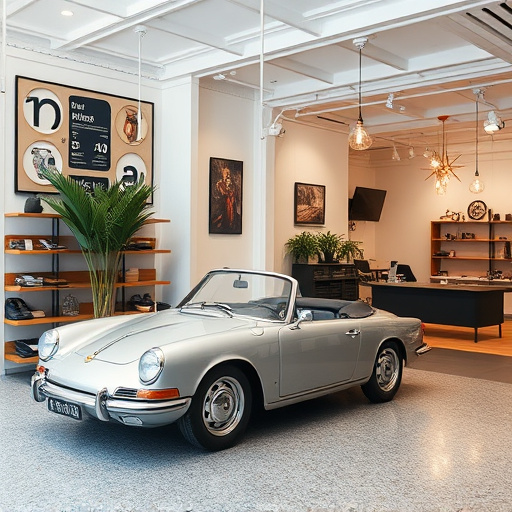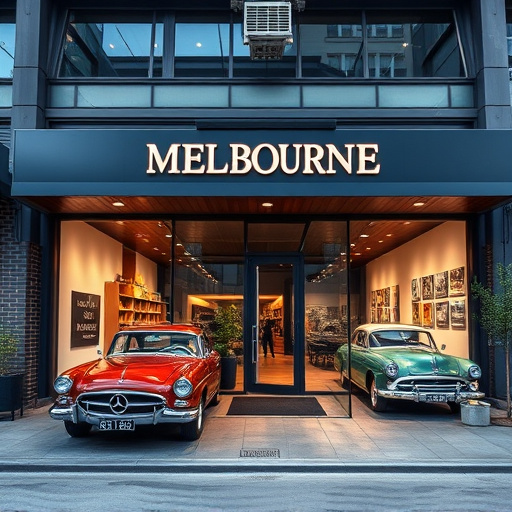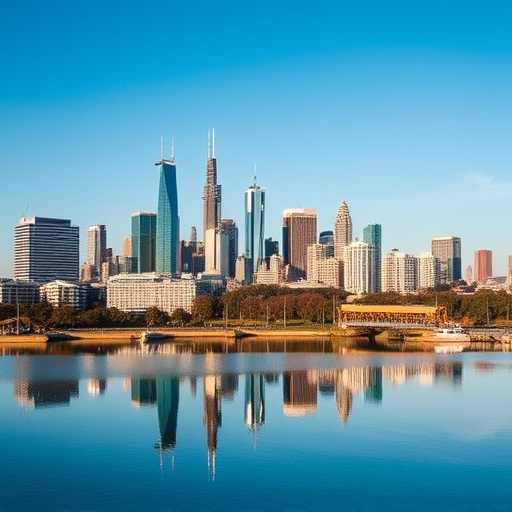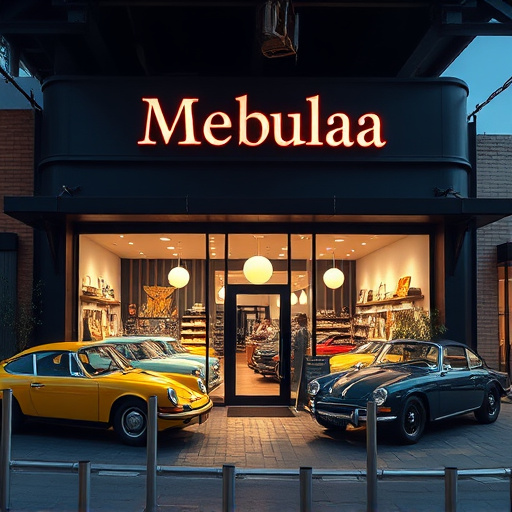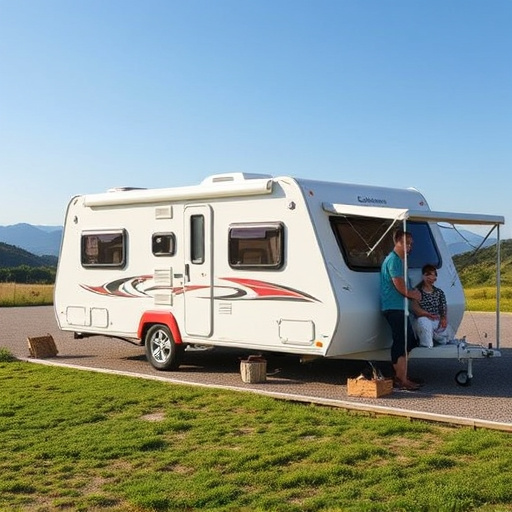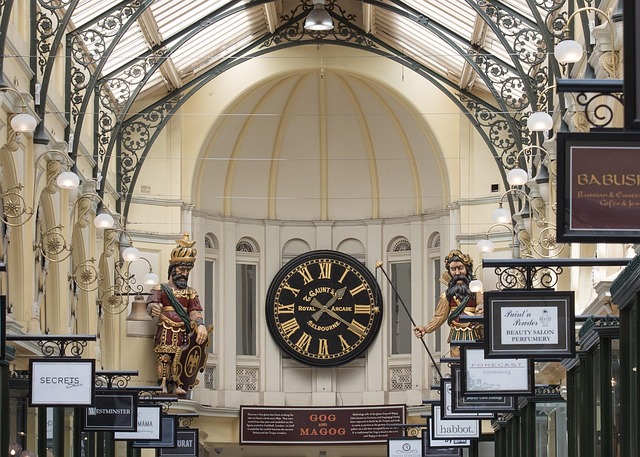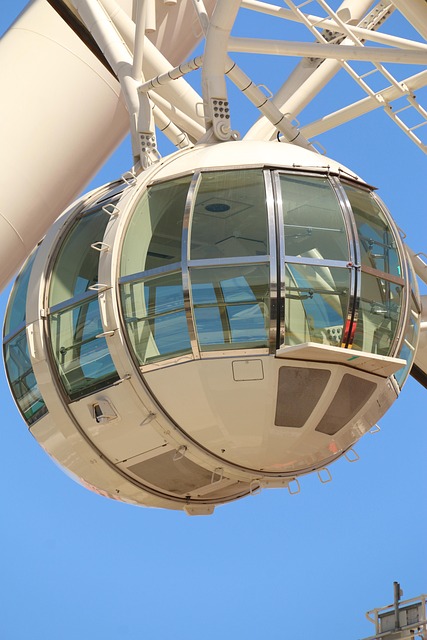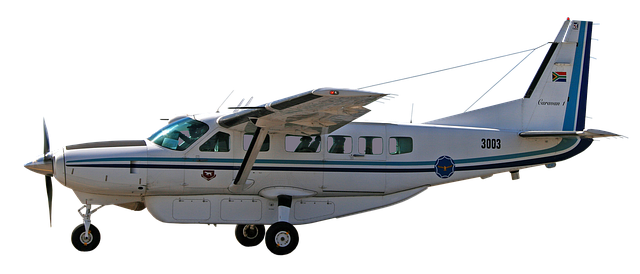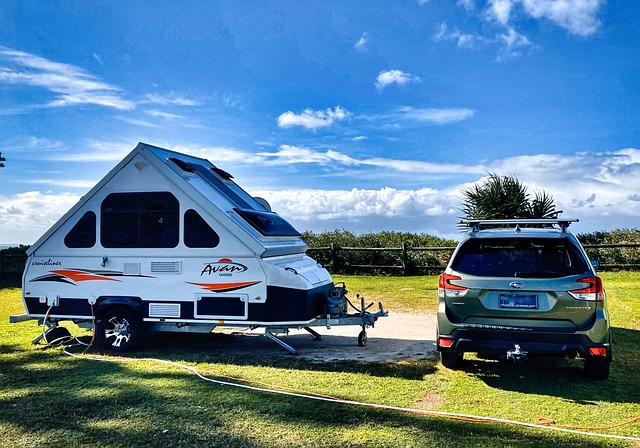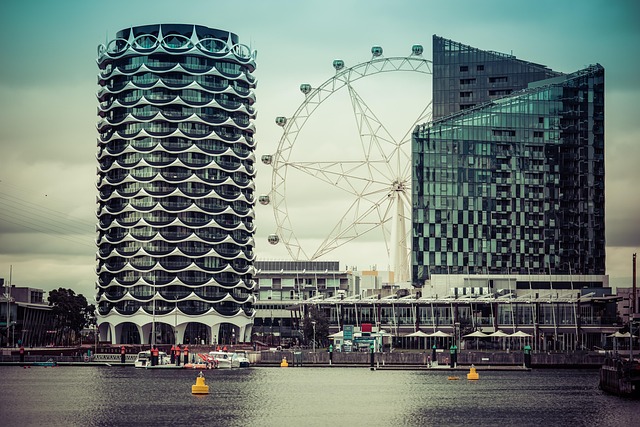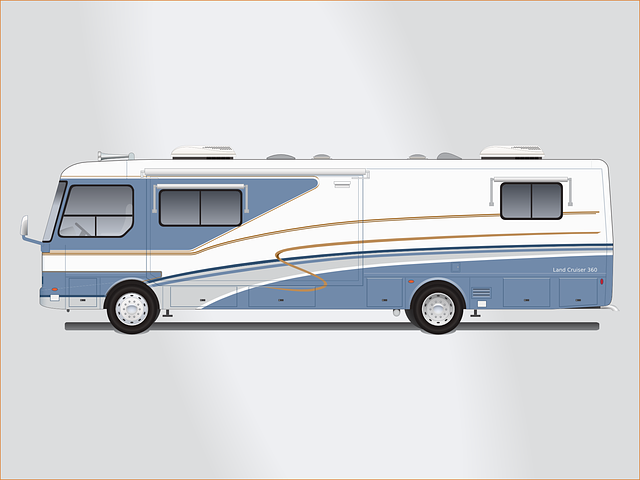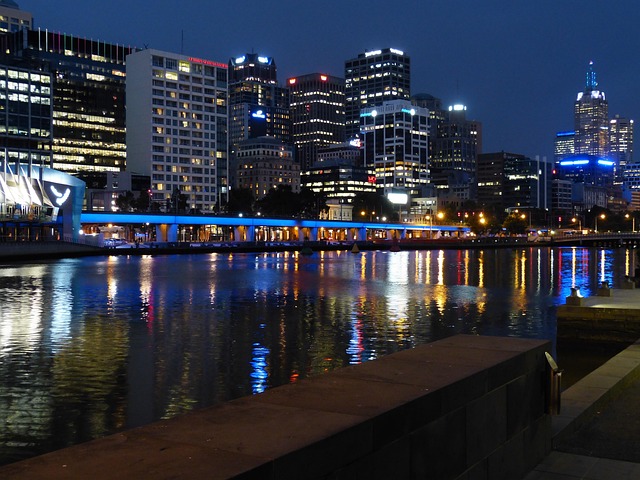Buy Caravan Melbourne: Navigating the Mobile Home Market
Introduction
Welcome to an extensive exploration of the vibrant and dynamic market known as “Buy Caravan Melbourne.” This article aims to guide readers through the intricacies of purchasing and owning caravans, a popular lifestyle choice in Australia’s bustling cities like Melbourne. We will delve into various aspects, from understanding the basics to deciphering global trends, economic insights, and technological innovations that shape this unique industry. By the end, you’ll have a comprehensive view of what it means to buy a caravan in Melbourne and its ever-evolving role in modern living.
Understanding Buy Caravan Melbourne: Unpacking the Concept
Definition:
“Buy Caravan Melbourne” refers to the market and practice of purchasing and selling caravans, including travel trailers, motorhomes, and camping vehicles, specifically within the metropolitan area of Melbourne, Victoria. It encompasses a diverse range of buyers, from casual campers seeking weekend getaways to full-time residents opting for a mobile lifestyle.
Core Components:
- Caravan Types: The market offers various caravan styles, including pop-ups, fold-out trailers, fifth wheels, and motorhomes. Each type caters to different preferences and budgets, from lightweight and easy-to-tow models to larger, self-contained homes on wheels.
- Sales Channels: Buyers can acquire caravans through private sales, specialized dealers, online marketplaces, or manufacturer outlets. Melbourne boasts a thriving network of caravan showrooms and camps where potential owners can inspect and test various models.
- Customization and Upgrades: Customization is a significant aspect, with buyers able to add or modify features like water tanks, solar panels, generators, and entertainment systems to suit their needs.
Historical Context:
The caravan industry in Australia has deep roots, dating back to the early 20th century when caravanning emerged as a popular leisure activity. Melbourne’s unique geography and climate have contributed to its thriving caravan market, attracting both local enthusiasts and visitors seeking outdoor adventures. Over time, technological advancements and changing lifestyles have transformed the industry, making caravans more efficient, comfortable, and accessible than ever before.
Significance:
Buy Caravan Melbourne plays a vital role in several ways:
- Leisure and Tourism: Caravans provide an affordable and flexible option for travelers exploring regional Victoria or simply enjoying local campgrounds and tourist parks.
- Full-Time Living: Many Australians embrace a caravan lifestyle, choosing to live and work remotely while traveling the country. This trend has accelerated with remote work opportunities, fostering a community of full-time caravaners.
- Affordable Housing: In a market characterized by rising property prices, caravans offer an alternative housing solution for those seeking cost-effective living arrangements.
- Community and Socialization: Caravans foster a sense of community among owners, with numerous clubs, gatherings, and events dedicated to sharing knowledge, experiences, and camaraderie.
Global Impact and Trends
International Influence:
Melbourne’s caravan market is part of a global phenomenon, with Australia ranking among the top countries for caravan ownership and sales. The industry draws inspiration and adopts innovations from international markets, particularly North America, Europe, and New Zealand, where caravanning has deep cultural significance.
Key Global Trends:
- Growing Popularity of Full-Time Caravanning: Worldwide, an increasing number of individuals are embracing a nomadic lifestyle in caravans, driven by remote work opportunities and the desire for flexible living. Australia’s well-developed caravan infrastructure supports this trend.
- Technological Integration: The integration of technology in caravans is on the rise, with smart home features, advanced entertainment systems, and connectivity options becoming standard. This trend aligns with global consumer preferences for tech-enabled lifestyles.
- Sustainability Focus: There’s a growing demand for eco-friendly caravans, fueled by concerns about environmental impact. Manufacturers are responding with models featuring solar panels, water conservation systems, and lightweight construction to reduce carbon footprints.
Regional Variations:
Different regions within Australia have unique caravan preferences:
| Region | Popular Caravan Styles | Typical Features |
|—|—|—|
| Coastal Areas | Beach-ready caravans with splashy exterior designs | Large windows, marine-grade finishes, and water sports equipment storage |
| Outback Territories | Robust, off-road capable caravans | All-terrain tires, high ground clearance, and rugged exteriors |
| Urban Centers (Melbourne) | Compact, maneuverable caravans suitable for city living | Efficient space utilization, smart storage solutions, and urban-friendly features |
Economic Considerations: Market Dynamics in Focus
Market Size and Growth:
The Australian caravan market is substantial, with sales figures reaching over $1.5 billion annually. Melbourne’s contribution to this figure is significant, accounting for a notable share of both new and used caravan purchases. The market’s growth is attributed to several factors:
- Increasing leisure time and consumer disposable income.
- Rising popularity of outdoor recreation and camping among all age groups.
- Economic downturns leading to cost-saving measures, as caravans offer an affordable alternative to traditional housing.
Investment Patterns:
Caravans have emerged as a unique investment opportunity, attracting both individuals and investors:
- Resale Market: Melbourne boasts a vibrant secondary market, with used caravans retaining their value surprisingly well. Factors like model year, condition, and market demand influence resale prices.
- Rental Potential: Caravans can be rented out through various platforms, providing income opportunities for owners. Campgrounds and recreational areas often allow long-term rental stays, making it a viable investment strategy.
- Speculation and Flipping: Some investors buy caravans with the intent to resell them for a profit, capitalizing on model updates or rising demand.
Economic Impact:
The caravan industry contributes substantially to Australia’s economy:
- Job Creation: Manufacturing, retail, and service industries related to caravans support numerous jobs, from caravan builders and dealers to maintenance technicians and campsite staff.
- Tourism Boost: Caravanners contribute to tourism revenue through campsite fees, local attractions, and spending at nearby businesses.
- Regional Development: Caravan manufacturing and sales in regional areas stimulate local economies, providing employment and attracting visitors.
Technological Advancements: Modernizing the Caravan Experience
On-Board Technology:
Modern caravans are equipped with advanced technology to enhance comfort, convenience, and safety:
- Smart Home Systems: Automatic lighting, temperature control, and security systems integrated into caravans offer remote monitoring and control via smartphone apps.
- Entertainment Hubs: High-definition TVs, sound systems, and satellite connectivity transform caravans into mobile entertainment centers.
- Solar Power and Energy Efficiency: Solar panels, energy-efficient appliances, and battery storage systems enable self-sufficient camping, reducing reliance on external power sources.
Connectivity and Communication:
| Technology |
Benefits |
| 4G/5G Connectivity |
Enables high-speed internet access across remote areas, facilitating online work, entertainment streaming, and communication. |
| GPS Navigation Systems |
Provides accurate location tracking, route planning, and real-time traffic updates for safe and efficient travel. |
| Satellite Communication |
Offers global connectivity for those venturing off the grid, enabling voice calls, text messaging, and internet access in remote locations. |
Future Trends:
- Autonomous Caravans: The development of self-driving technology may eventually extend to caravans, offering enhanced safety and accessibility for elderly or disabled owners.
- Modular Design: Pre-fabricated modules could revolutionize caravan construction, allowing for customizable additions and configurations while maintaining travel capabilities.
- Hybrid Power Systems: Combining solar, wind, and generator power sources could become standard, ensuring energy independence and sustainability.
Policy and Regulation: Navigating Legal Considerations
Key Policies and Regulations:
- Vehicle Registration and Licensing: Caravans in Australia are subject to registration and safety standards enforced by state and territory governments. Melbourne’s Department of Transport plays a crucial role in regulating caravan sales, inspections, and roadworthiness.
- Camping and Recreational Vehicle (CRV) Laws: Local councils and land managers oversee campsite licensing, zoning, and noise regulations to ensure peaceful coexistence with residents and the environment.
- Building Codes and Safety Standards: Caravans must adhere to specific construction standards, including fire safety, electrical systems, and structural integrity, ensuring the well-being of occupants.
Legislative Frameworks:
- Consumer Protection Laws: These protect buyers’ rights, ensuring transparent sales practices, warranty coverage, and dispute resolution mechanisms for defective products or services.
- Environmental Regulations: Measures to minimize caravan production and disposal impacts are in place, promoting sustainable manufacturing practices and responsible waste management.
Impact on the Industry:
Regulatory compliance is essential for caravan manufacturers and dealers, influencing product design, pricing, and sales strategies. Staying informed about changing policies ensures businesses can adapt and provide quality products while adhering to legal requirements.
Challenges and Criticisms: Overcoming Obstacles
Common Issues:
- High Initial Cost: One of the primary challenges is the high upfront cost of purchasing a caravan, which may deter potential buyers. However, financial incentives, payment plans, and used options provide alternatives.
- Storage and Maintenance: Finding suitable storage spaces for caravans during periods of non-use is an ongoing concern. Proper maintenance, including regular servicing and repairs, adds to the overall ownership cost.
- Limited Accessibility: Some remote campsites may have limited facilities, and access to fresh water and electricity can be challenging, impacting the comfort and convenience of caravaners.
- Environmental Impact: Critics argue that caravans contribute to environmental degradation due to their carbon footprint and waste generation. However, technological advancements and sustainable practices are addressing these concerns.
Strategies for Improvement:
- Government Incentives: Subsidies or tax breaks for first-time buyers could stimulate the market and make caravan ownership more accessible.
- Community Storage Solutions: Developing shared storage facilities or caravans parks can address storage challenges while fostering a sense of community.
- Educational Programs: Workshops and seminars on caravan maintenance, repair, and upgrading can empower owners to take control of their investments.
- Sustainable Initiatives: Manufacturers should embrace eco-friendly materials, energy-efficient systems, and responsible disposal practices to reduce the environmental footprint of caravans.
Case Studies: Real-World Applications and Success Stories
Case Study 1: Family Adventure on Wheels
The Smith family, based in Melbourne, purchased a custom-built caravan for their annual beach trips and camping adventures. They opted for a fifth-wheel model with an extended layout to accommodate their active family of five. By adding solar panels, a larger water tank, and a home theater system, they created a comfortable mobile base for their outdoor escapades. This case highlights how caravans cater to diverse needs, transforming into versatile homes on wheels.
Case Study 2: Full-Time Caravanning Couple
Sarah and Mike, both professionals, traded their city apartment for a well-equipped motorhome, enabling them to work remotely from stunning locations across Australia. Their caravan is fitted with state-of-the-art communication systems, allowing them to stay connected while exploring remote areas. This example exemplifies the growing trend of full-time caravanning and its potential for a flexible, location-independent lifestyle.
Case Study 3: Eco-Friendly Camping Community
In regional Victoria, a group of environmentally conscious individuals formed a caravan camping community dedicated to sustainable practices. They organize regular gatherings at eco-friendly campsites, promoting waste reduction, renewable energy, and responsible land management. This case study showcases the power of community engagement in driving positive change within the caravan industry.
Future Prospects: Looking Ahead in Melbourne’s Caravan Market
Emerging Trends:
- Smart Caravans: The integration of IoT (Internet of Things) technology will enable fully connected caravans, offering real-time data on energy usage, location, and maintenance needs.
- Hybrid Power Systems: As renewable energy sources become more affordable, hybrid power systems combining solar, battery, and generator technologies will become standard, ensuring off-grid capabilities and energy independence.
- Customizable Design: 3D printing and modular construction techniques may revolutionize caravan design, allowing for unique, customizable layouts tailored to individual preferences.
Growth Areas:
- Off-Road Caravans: The demand for robust, off-road capable caravans is expected to rise, catering to adventure seekers exploring remote territories.
- Micro-Caravans and Tiny Homes: Compacting living spaces while maintaining comfort could gain popularity among urban dwellers seeking a more minimalist lifestyle.
- Community-Focused Initiatives: Collaborative efforts between manufacturers, dealers, and owners can foster innovation, promote sustainable practices, and enhance the overall caravan ownership experience.
Strategic Considerations:
- Sustainability and Eco-Consciousness: Manufacturers should prioritize eco-friendly materials, energy efficiency, and responsible disposal practices to meet evolving consumer expectations.
- Digital Transformation: Embracing digital technologies for sales, customer service, and after-sales support will enhance user experiences and improve business operations.
- Community Engagement: Building a strong caravan community through events, online forums, and social media can create a supportive network, fostering brand loyalty and word-of-mouth recommendations.
Conclusion: Rolling into the Future of Caravan Melbourne
“Buy Caravan Melbourne” is more than just a market; it’s a testament to Australia’s love affair with outdoor living and adventurous spirits. As technology advances, regulations evolve, and consumer preferences shift, the industry continues to adapt, offering innovative solutions for modern caravanners. From leisure and travel to full-time living, caravans provide a unique way of experiencing life on the move.
Looking ahead, Melbourne’s caravan market is poised for continued growth, driven by technological advancements, sustainable practices, and a community that embraces the freedom and flexibility of life in a mobile home. By navigating challenges, embracing innovation, and fostering a sense of belonging, the future of Buy Caravan Melbourne appears bright, offering endless possibilities for exploration and connection.
FAQ Section: Answering Common Queries
Q: How do I choose the right caravan for my needs?
A: Consider your budget, intended use (leisure, full-time living, etc.), preferred style, and necessary features. Test drive different models to get a feel for space and comfort levels.
Q: What are the registration and licensing requirements for caravans in Victoria?
A: In Victoria, caravans must be registered with the Department of Transport and adhere to local council regulations for campsite use and noise limits. A valid driver’s license is required to operate a caravan.
Q: Can I finance the purchase of a caravan?
A: Yes, various financing options are available, including bank loans, dealer financing, and lease-to-own programs. Exploring these options can help make purchasing a caravan more affordable.
Q: How do I maintain my caravan to ensure longevity?
A: Regular cleaning, sealing seams, checking tire pressure, and servicing electrical systems are essential. Stay informed about maintenance schedules and consult with professionals for repairs or upgrades.
Q: Are there any tax benefits for purchasing a caravan?
A: Some states offer exemptions or reduced registration fees for caravans, but tax benefits vary. It’s best to consult with an accountant or tax advisor for specific guidance.
Off Track RV in Melbourne, Victoria, is a leading destination for Buy Caravan enthusiasts seeking high-quality, customisable caravans. They offer diverse layouts suitable for all budgets and travel styles, empowering buyers to design their dream…….
Off Track RV Melbourne provides high-quality hybrid caravans for adventurous travelers exploring Australia's diverse landscapes. Located at 21 Graystone Ct, Epping VIC 3076, they offer a combination of traditional camping and motorhome comf…….
Off Track RV in Melbourne is a leading provider of Buy Caravan Melbourne services, offering a wide range of used caravans at affordable prices. With a strong local reputation and knowledgeable staff, they guide buyers through their options and e…….
When buying a caravan in Melbourne, prioritize safety and comfort with ALKO-tested suspension from Off Track RV. This rigorous testing ensures your caravan provides exceptional performance and durability on diverse Australian terrains. Contact +…….
Off Track RV at 21 Graystone Ct, Epping VIC 3076, Australia, offers a premier RV buying experience with top-of-the-line caravans for outdoor enthusiasts. Their showroom features luxurious interiors catering to diverse lifestyles. The welcoming e…….
Hybrid caravans, offered by Off Track RV Melbourne, combine comfort and off-road capability, appealing to both adventurous travelers and those seeking flexible travel. Located at 21 Graystone Ct, Epping VIC 3076, Australia, they provide a wide s…….
Off Track RV in Victoria offers a range of used caravans with ensuite bathrooms, providing both convenience and affordability for outdoor enthusiasts. Located at 21 Graystone Ct, Epping VIC 3076, Australia, they simplify the process of finding y…….
Off Track RV, located at 21 Graystone Ct, Epping VIC 3076, offers a diverse range of caravans for every need and budget in Melbourne's 'Buy Caravan' market. Their expert team guides customers through the process, from understandin…….
Off Track RV in Melbourne offers a premier selection of pre-owned caravans with luxurious interiors at affordable prices. Located at 21 Graystone Ct, Epping VIC 3076, Australia, their easily accessible showroom provides an immersive buying exper…….
Melbourne residents seeking extreme off-road adventures can find their perfect caravan companion at Off Track RV in Epping. With a focus on quality construction, robust features, and top brands like Jayco and Liberty Caravans, they offer a curat…….
Off Track RV in Epping, VIC, is Melbourne's premier destination for Buy Caravan Melbourne. They offer a diverse selection of luxury caravans with modern interiors designed for comfort and style. Their expert team provides guidance throughou…….
Off Track RV in Epping, VIC, Australia (21 Graystone Ct), offers a wide range of used single axle caravans suitable for all budgets and travel needs. Their lightweight designs, stable handling, and spacious interiors cater to both beginners and…….
Off Track RV Melbourne offers top-quality, durable off-grid caravans designed for diverse outdoor environments, enabling self-sufficiency and freedom through renewable energy sources. Visit their showroom at 21 Graystone Ct, Epping VIC 3076, or…….
Off Track RV in Epping, Victoria (21 Graystone Ct, 3076) is Australia's premier caravan dealership, offering a wide range of new caravans for every type of adventurer. Their knowledgeable staff assists customers in finding their perfect mat…….
Off Track RV Melbourne offers a comprehensive guide to off-road caravans, emphasizing their robust construction and advanced off-grid systems for seamless camping experiences. Located at 21 Graystone Ct, Epping VIC 3076, Australia, they cater to…….
Off Track RV is Australia's leading custom caravan builder, offering tailored designs and exceptional craftsmanship for memorable off-grid adventures. Located in Epping, Victoria, they collaborate closely with clients to understand unique n…….
Melbourne's natural beauty and urban vibrancy make it ideal for caravan living. Off Track RV in Epping, Victoria offers a diverse selection of used caravans with bunk beds, catering to families and outdoor enthusiasts. Their knowledgeable s…….
Off Track RV Melbourne provides a range of sustainable, off-grid caravans for sale, catering to various lifestyles and preferences. Located at 21 Graystone Ct, Epping VIC 3076, Australia, they offer expert guidance and support (call +61 3 9970 1…….
Modern caravans with ensuite bathrooms are gaining popularity in Melbourne for their enhanced comfort and convenience. Off Track RV in Epping, VIC (21 Graystone Ct) offers a diverse range of well-designed caravan models suitable for all buyer ne…….
Off Track RV in Epping, Victoria, revolutionizes caravan buying with customizable layouts for every journey type. Located at 21 Graystone Ct, they offer keys to unlocking Australia's landscapes, catering from family getaways to off-the-beat…….
